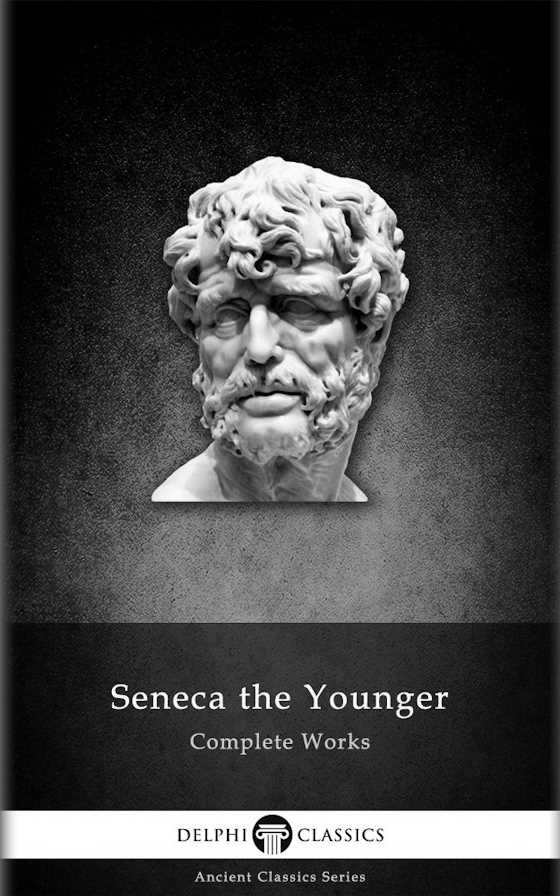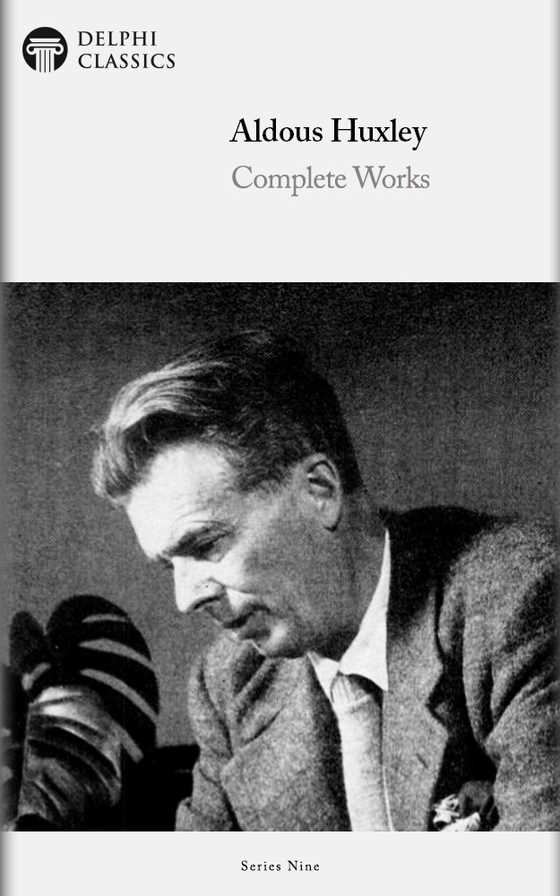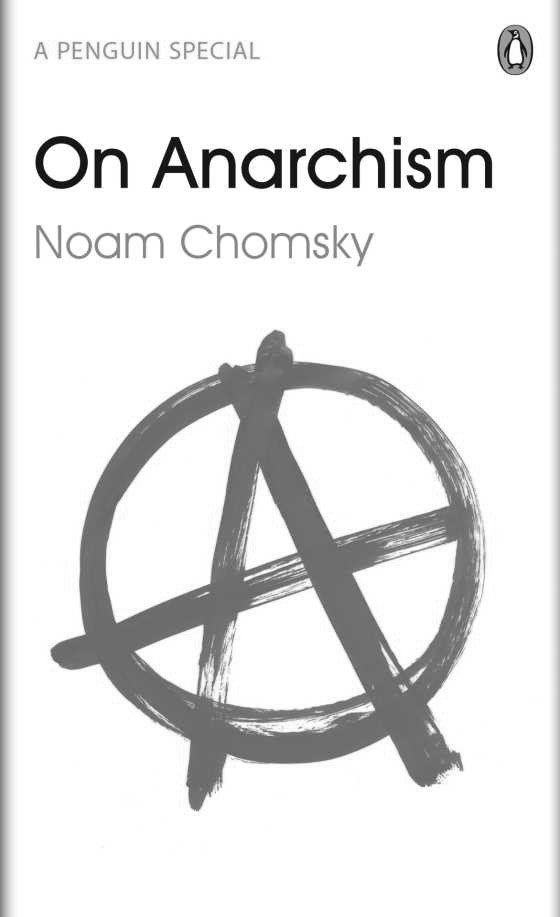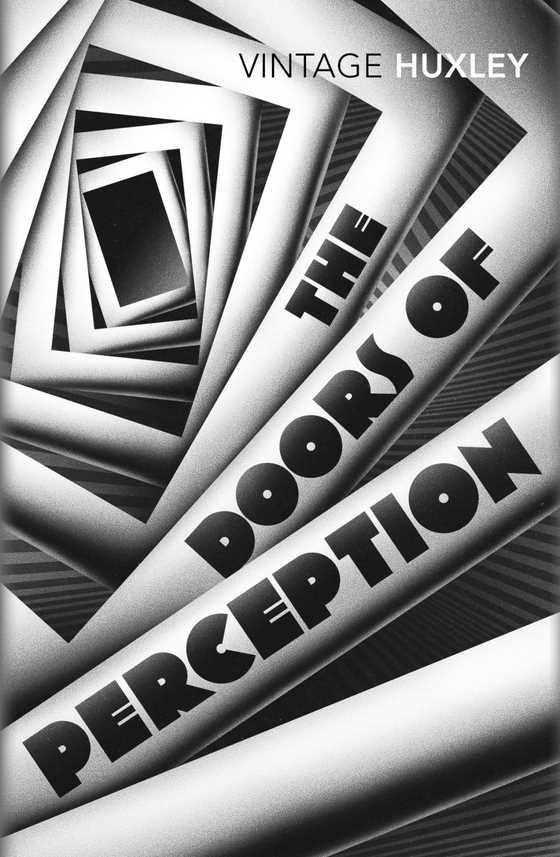 After reading Into the Wild, where this book gets a fair bit of mentioning, one just had to see what all the fuss was about.
After reading Into the Wild, where this book gets a fair bit of mentioning, one just had to see what all the fuss was about.
It certainly starts off incredibly well with the first 25% of the book — being mostly one chapter titled, “Economy” — explaining the ins and outs of what leads Thoreau to Walden Pond and away from a normal life and the cost of doing so. And it is very clear in this first quarter that Thoreau is a very capable writer who can get straight to the heart of the matter and keep the reader’s attention.
But then we begin the second chapter, “Where I Lived and What I Lived For”, and thus the tedium begins: word after word of pointless, boring tedium. Was it so utterly dull for him sitting by the pond, day after day after day with no one to talk to, that he just sat and wrote words for hour upon hour and simply spewed them forth upon pages enough to make up a reasonable amount to call it a book in order to sell it so he didn’t have to get a real job?
I just found myself reading paragraph after paragraph with a totally numbed out mind, noticing only a few words of interest here and there but mostly it’s just babble: babble, babble, babble, babble, blah, blah, blah. I tried, i really did, but i just cannot see why people so rave about this book.
Maybe chapter 3 onwards is back to the standard of chapter 1, but i simply could not get through chapter 2.
So, inevitably, it got …
… Deleted.

 They can never win . . .
They can never win . . .





 This is hardly “The Complete Works”. See
This is hardly “The Complete Works”. See 
 After reading
After reading  In all my years i’ve never gotten around to reading any of Noam’s stuff, so when a load of his books got put on offer for 99p i thought i’d give this a go at some time in the future, paid my pennies and threw it on
In all my years i’ve never gotten around to reading any of Noam’s stuff, so when a load of his books got put on offer for 99p i thought i’d give this a go at some time in the future, paid my pennies and threw it on  One day i’ll get around to reading this again, it’s been nearly 30 years and it just popped up in Kindle Daily Deals for 99p so i couldn’t turn it down.
One day i’ll get around to reading this again, it’s been nearly 30 years and it just popped up in Kindle Daily Deals for 99p so i couldn’t turn it down.